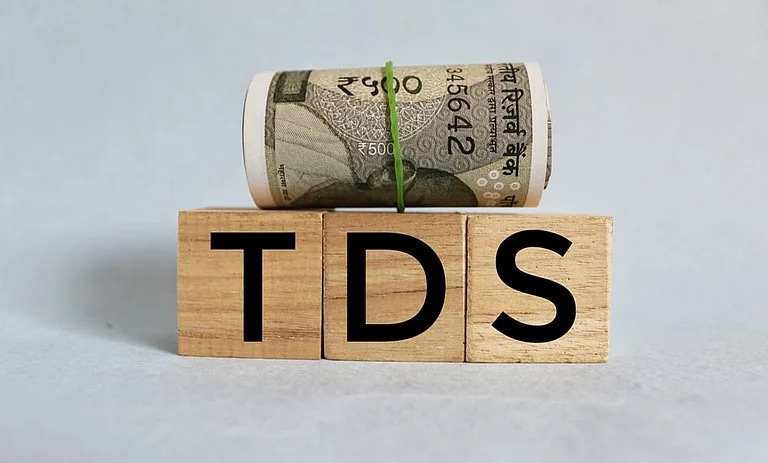The Income Tax (I-T) Department has tightened its crackdown on suspected tax evasion by issuing notices to individuals whose reported income does not match their low bank account withdrawals. They are seeking exhaustive information on monthly expenditures as per the Economic Times.
Income Tax Department Scrutinizes Low Bank Withdrawals, Demands Detailed Expense Breakdowns
The I-T Department wants to know where and how you spend your money on pulses, haircuts and more
The queries included expenses on groceries, clothing, dining out, education, cosmetics, and even haircuts as part of initiatives to track undisclosed income or cash spending.
Tax experts confirmed that various taxpayers have received these notices, which required a granular breakdown of household expenditures. One of the notices asked for profiles, Permanent Account Numbers (PANs), and annual incomes of all family members, as reported.
Non-compliance could lead the department to assume annual household withdrawals of Rs 1 crore for assessment, as per the report.
Targeted Scrutiny Based on Data Analytics
Officials clarified that the notices are not one size fits all but directed at select high-net-worth individuals (HNIs) whose lavish lifestyles do not match drastically with their bank withdrawals. “These are sent specifically to taxpayers who, despite maintaining luxurious lifestyles, show very low withdrawals. This suggests either undeclared income or cash dealings,” a senior tax official said, as quoted by ET.
The move will utilise advanced data analytics to flag discrepancies between declared incomes and spending habits. Earlier in November 2023, the department came up with a similar drive targeting undisclosed foreign income, using information from the Automatic Exchange of Information (AEOI), a global framework for sharing financial data among tax authorities.
Focus on Cash Transactions, Undeclared Assets
The scrutiny showed the underlying suspicions around unaccounted cash. “If someone earns Rs 2 crore annually but spends only Rs 20 lakh via banking channels, it raises red flags. Where is the rest being spent? Is it cash?” another official explained, as quoted by the Economic Times. The department’s algorithm identified such discrepancies, prompting detailed inquiries.
Global Cooperation in Tax Enforcement
The crackdown was in sync with India’s broader push to tackle black money and enhance tax transparency. The AEOI initiative, for instance, has enabled the department to get data on offshore assets, resulting in probes into foreign income and investments.
Officials emphasize that the latest notices are part of a “risk-based assessment” strategy, targeting only those with specific indicators of non-compliance. “This isn’t about harassing honest taxpayers but ensuring declared incomes reflect actual lifestyles,” the official added, as quoted by ET.
Implications for Taxpayers
Affected individuals must share the report of their expenses spanning categories like food staples (atta, rice, spices), utilities (cooking gas, electricity), education, leisure (restaurant visits), and personal care (cosmetics, haircuts). In case they fail to comply, it may result in penalties or revised income assessments, the report further added.

